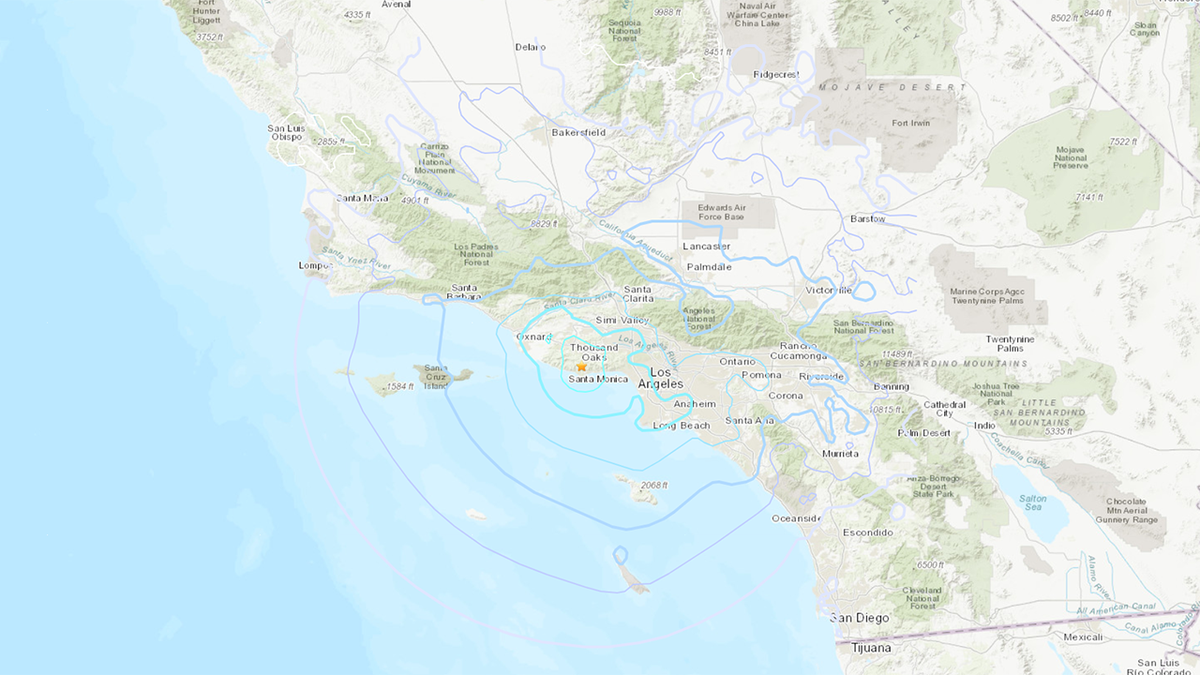The opening twenty minutes of “Close Your Eyes,” the third fiction feature from Spanish director Victor Erice, and his first film in thirty years (his documentary, “The Quince Tree Sun,” came out in 1993; the debut feature that made his reputation was 1973’s “The Spirit of the Beehive”), are as quietly spellbinding as anything you’ll see this year, or decade, or century.
The time is 1947, shortly after the Second World War, and the Spanish Civil War as well; the setting is an estate outside of Paris called Triste Del Rey—the sadness of the king—and the characters are an older man and a Spanish man in middle age. “Chess is a reflection of the world,” the older man says before he tells the younger of his plight, the disappearance of his now-teenage daughter, thought to now be in Shanghai. He refers to a movement made by this loved one as her “Shanghai gesture,” and real heads will know. This movie is threaded through with cinematic allusions. And this scenario isn’t even the actual movie—it’s two-thirds of the extant footage of a never-finished movie called “The Farewell Gaze.” Its lead actor, Julio Arenas (José Coronado, a relatively assured figure when we first see him), walked off the set one day after a cut was called, and was never seen again.
This, we learn, was in 1990; the movie cuts ahead to 2012, and its director Miguel Garay (Manolo Solo, whose deep-set eyes convey universes of worry and sadness) is approached by a Spanish television series called “Unresolved Cases”—yes, the “Unsolved Mysteries” thing is worldwide—to discuss the movie and his missing friend. He’s not sure about working with these people, but they seem to have integrity and they’re offering him some money, which he can use. The “Farewell Gaze” experience put him off directing—you can see why it might—and after writing a novel or two he’s barely scraping together a living as his dotage approaches. Researching on behalf of the program takes him into some storage facilities, and even another part of Spain altogether (the movie begins in Madrid). He consults his adult daughter (played by Ana Torrent, the little girl beguiled by the image of the Frankenstein monster in “Beehive”), an old girlfriend, and his former film editor. All through his journeys the movie retains a quiet tone, one that grows ever more contemplative as the story inches forward. This nearly three-hour film is likely to be checked off as “slow cinema” by some, and the descriptor is correct. But Erice’s deeply personal style isn’t tied to anything resembling a trend.
The movie’s central mystery is solved about two-thirds of the way into the film’s running time. It’s not paradoxical in any way that the film becomes even more enigmatic after that. “Close Your Eyes” is about seeing, and about recording what you see, and it’s also about what you can’t see even when you’re looking. That is, a reintroduced character does not convey to the viewer anything definite in terms of what’s going on inside them, what they recognize or what they don’t. We have an epistemological puzzle here that you may or may find the film’s finale, in which the last ten minutes of “Farewell Gaze” are screened for an invitational audience in the hopes of unlocking something for one of its viewers, solves. Or, again, not.
The movie’s senses of cinema are never present for self-consciously clever, self-referential reasons. Rather, they’re deeply intertwined with considerations of age and mortality. The searching of a now-84-year-old maestro of cinema is exquisitely moving and speaks with an urgency that isn’t at all undermined by the films languid pace.

:format(jpeg):quality(80)/wp-content/uploads/2024/09/screenshot-2024-09-12-181322.jpg)
:format(jpeg):quality(80)/wp-content/uploads/2024/09/angel-tilvar-1.jpg)
:format(jpeg):quality(80)/wp-content/uploads/2024/09/insala-sau-inseala.jpg)
:format(jpeg):quality(80)/wp-content/uploads/2024/09/volodimir-zelenski.jpg)
:format(jpeg):quality(80)/wp-content/uploads/2024/09/sarbatorirea-titlului-24-steaua-bucuresti-28052013-scaled-e1726152371142.jpg)
:format(jpeg):quality(80)/wp-content/uploads/2024/09/aceasta-este-gradina-otravurilor.jpg)
:format(jpeg):quality(80)/wp-content/uploads/2024/09/fanatik-superliga-vineri-13-septembrie.jpeg)
:format(jpeg):quality(80)/wp-content/uploads/2023/07/florin-zamfirescu-actor-roman.jpg)
:format(jpeg):quality(80)/wp-content/uploads/2024/09/accident-grav-in-cluj-intre-o-motocicleta-si-o-masina.jpg)
:format(jpeg):quality(80)/wp-content/uploads/2024/09/catalin-cazacu-prezentator-tv.jpg)
:format(jpeg):quality(80)/wp-content/uploads/2024/09/fcsb-lask-linz-play-off-uefa-europa-league-29082024-1-scaled-e1726150012902.jpg)


:format(jpeg):quality(80)/wp-content/uploads/2024/09/ciolacu-3.jpg)
:format(jpeg):quality(80)/wp-content/uploads/2024/09/alfred-bulai.jpg)
:format(jpeg):quality(80)/wp-content/uploads/2024/09/sumudica-si-a-asigurat-viitorul-la-rapid-ma-bucur-foarte-tare-ca-am-prelungit-contractul.jpg)



:format(jpeg):quality(80)/wp-content/uploads/2024/09/sedinta-csat.jpg)




:format(jpeg):quality(80)/wp-content/uploads/2024/09/tragere-la-sorti-judecatori-iccj-bec-prezidentiale-scaled.jpg)
:format(jpeg):quality(80)/wp-content/uploads/2024/09/ce-sa-pui-pe-pastrav-atunci-cand-il-bagi-la-cuptor.jpg)

:format(jpeg):quality(80)/wp-content/uploads/2024/09/edits-for-fanatik-2-7.jpg)

